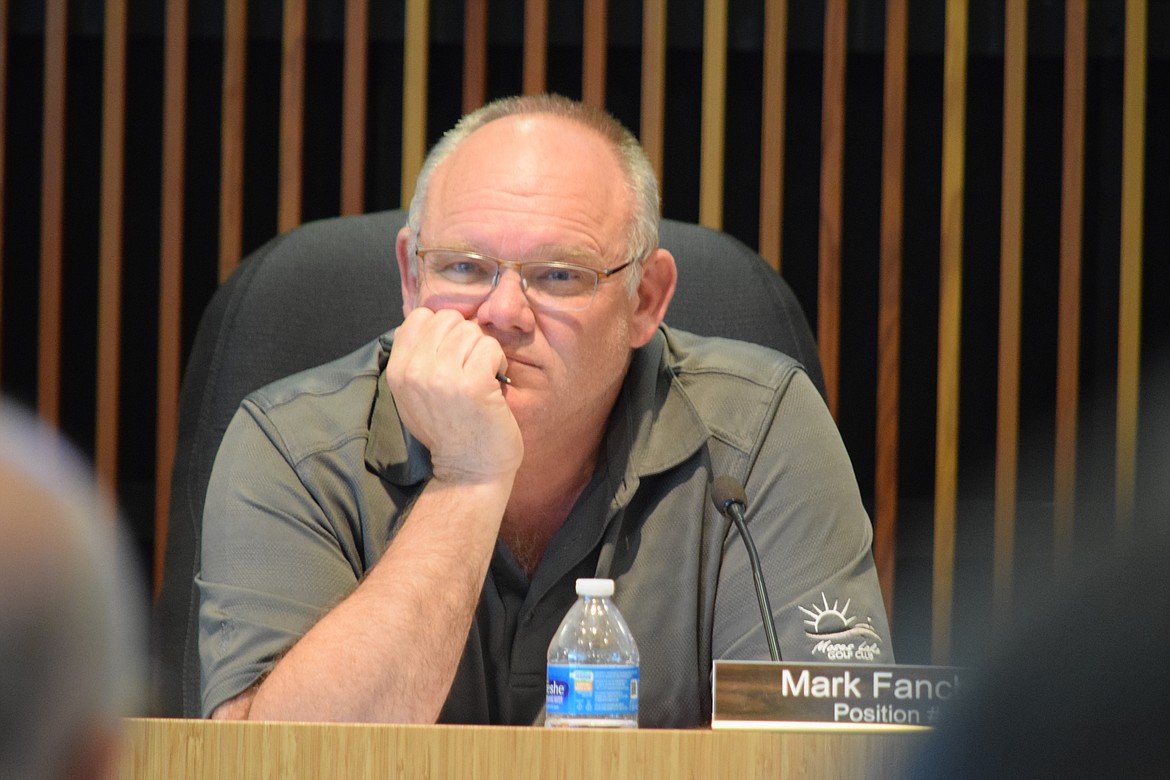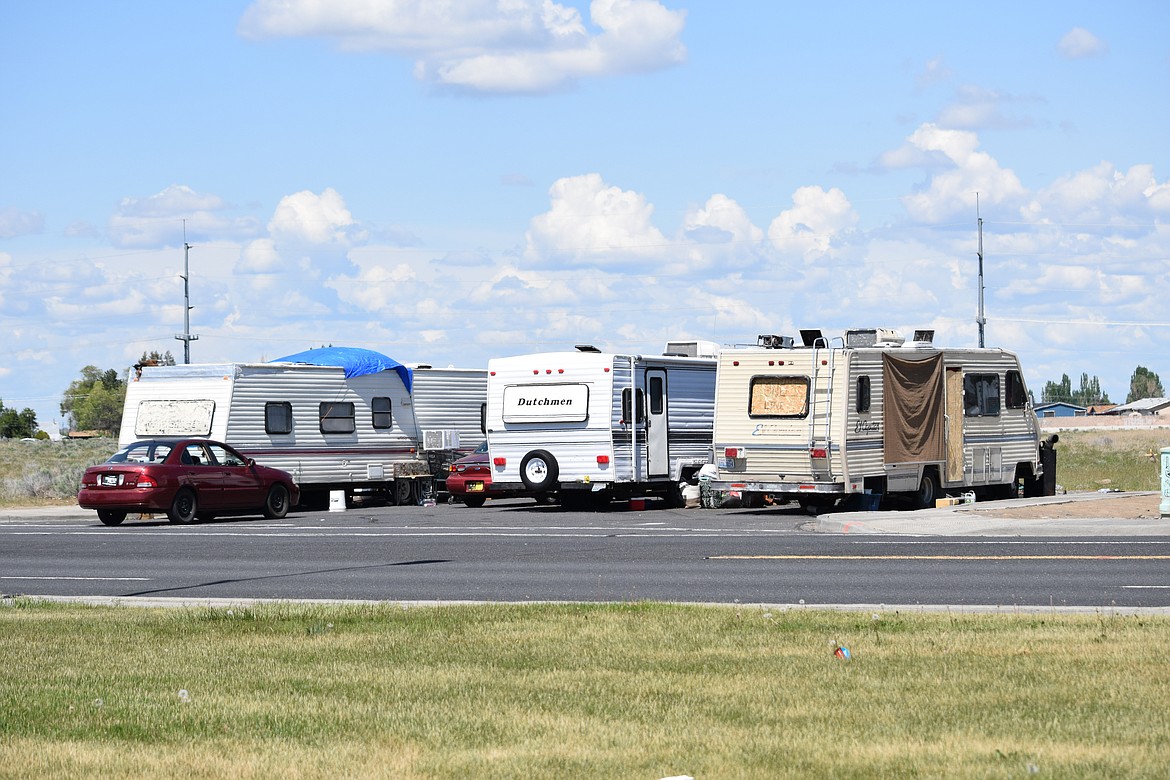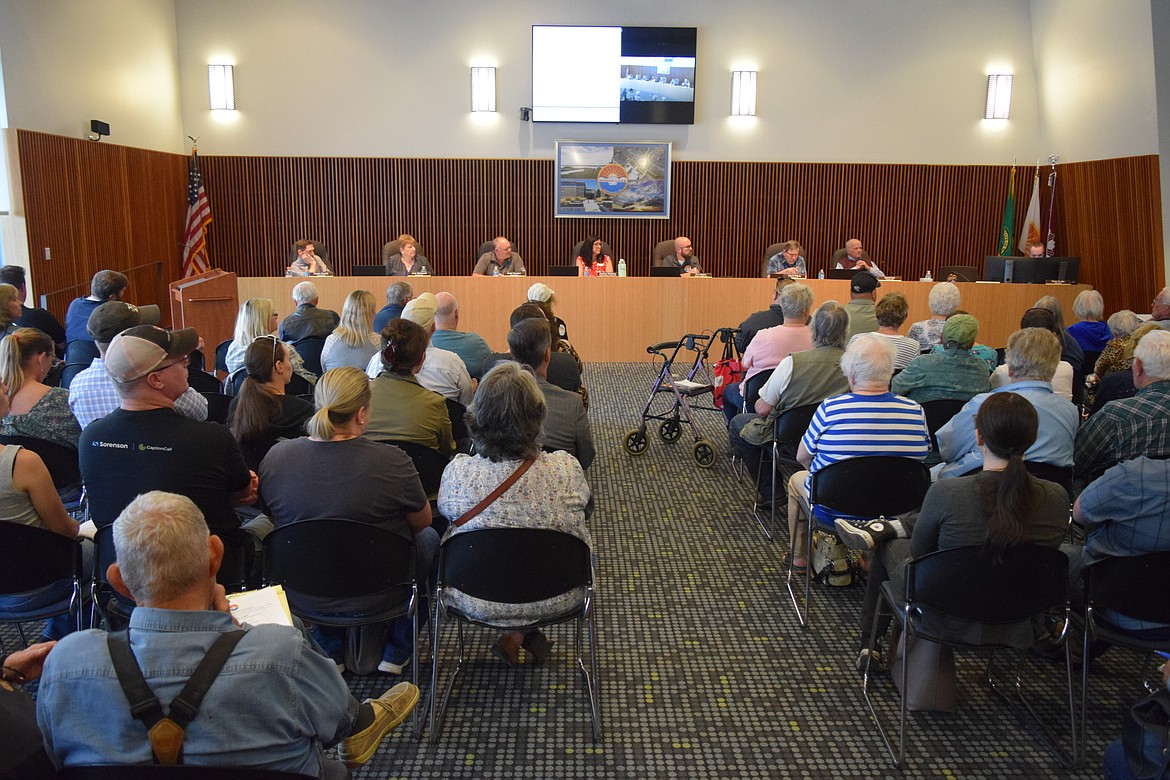Parking problems
MOSES LAKE — The city of Moses Lake does not need to have a permanent parking place for RVs and other vehicles used as residences in order to enforce city parking ordinances, Moses Lake City Manager Allison Williams told members of the City Council on Tuesday.
Become a Subscriber!
You have read all of your free articles this month. Select a plan below to start your subscription today.
Already a subscriber? Login





